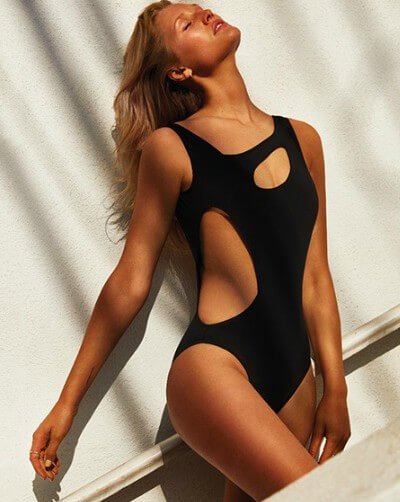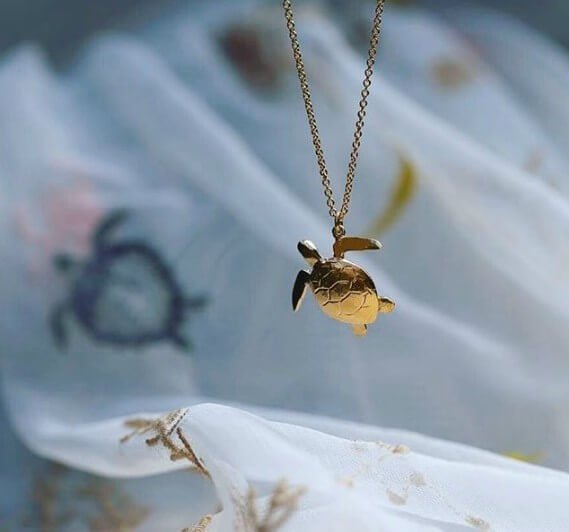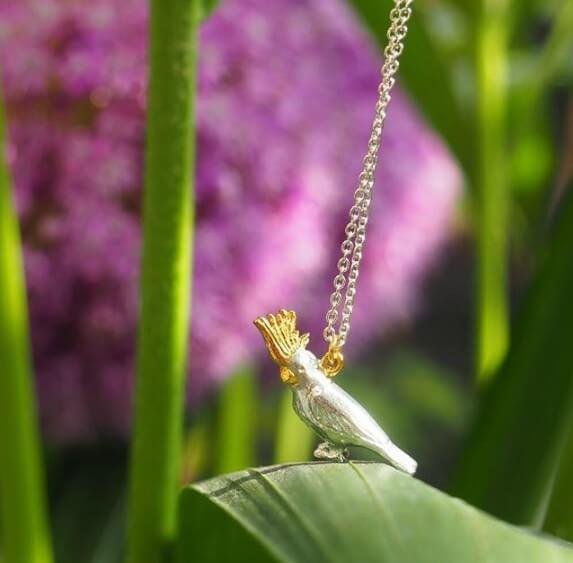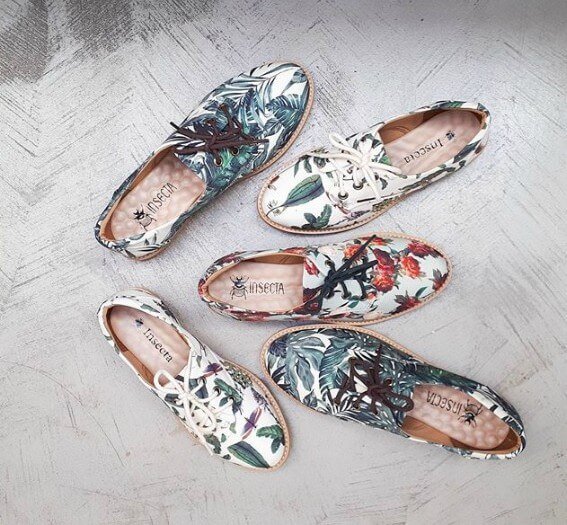
Picture this. You are walking along the busy high streets that are chock full of shops for as far as it goes. You see a store with a cute red halter neck top out on display. How can you resist it? You pop in and pop out having made a quick purchase. Ten more steps and you see a second outlet with an adorable blue crop top. You come out with a second bag. There is a third shop with an insane little black dress calling out your name. Do you see where I’m going with this? You just engaged in a fast fashion purchase cycle, a natural consumer habit. No harm, no foul right?
We are in a world where fast fashion is the norm. The first consideration when a consumer decides to make a purchase is the obvious reason – beautiful patterns, colors, styles, and fabrics. Attention to the environment or the people behind the making come later, if at all. It’s easy to buy low-cost, fast-moving trends and designs. And, it’s easy to buy frequently, so it may take some time to adapt to new fashion movements but like all things in life, great choices come with great responsibility.
AISPI has made note of a surfacing budding concept that epitomizes clothing, which we think is here to stay and slay so we decided to unearth it in an environmentally friendly way! Say hello to: slow fashion.
Firstly, what is slow fashion?
The crux of it comes down to you, the consumer, buying better-quality garments or accessories that will essentially last longer and trade practices that value fair labor treatment, animals, and the planet. Just ask ‘allSisters’ who take great pride in being an eco-conscious brand designed in Barcelona. What you’re in bargain for is the highest quality of recycled fabrics and sustainable materials remodeled into a top-of-the-line swimsuit.



Secondly, how do you identify slow fashion brands?
If your neighborhood has a cutesy little store that you’ve never seen branching out into a succession of gigantic enterprises, then chances are it is in favor of slow fashion. If you’re reading from London, then be sure to look up Alex Monroe, a sustainable jewelry designer inspired by nature’s incredible wonders and British quirks and eccentricity. His exceptionally artistic jewelry has set up shop at only two locations in all of the UK.


Another giveaway would be the brand’s locally sourced, produced, and sold garments or accessories. Insecta is a prime example who is a crazily sustainable shoe brand proudly made in Brazil. Shop for their stunning collection of footwear here that is vegan, hence no cute or scary, furry or slimy animals were harmed.


To truly support the slow fashion movement, we need to look beyond the appeal of the cheap, high turnover of fast fashion. This approach has not just inspired changes in the production of clothing in recent years, but consumer behavior too. As the name suggests, we’re getting there, slowly.
So does slow fashion have your thumbs up?
– Written by Sureka Naven
Stay tuned for more inspired topics and the latest fashion fads from AISPI, but for now, follow us on our Instagram page!

